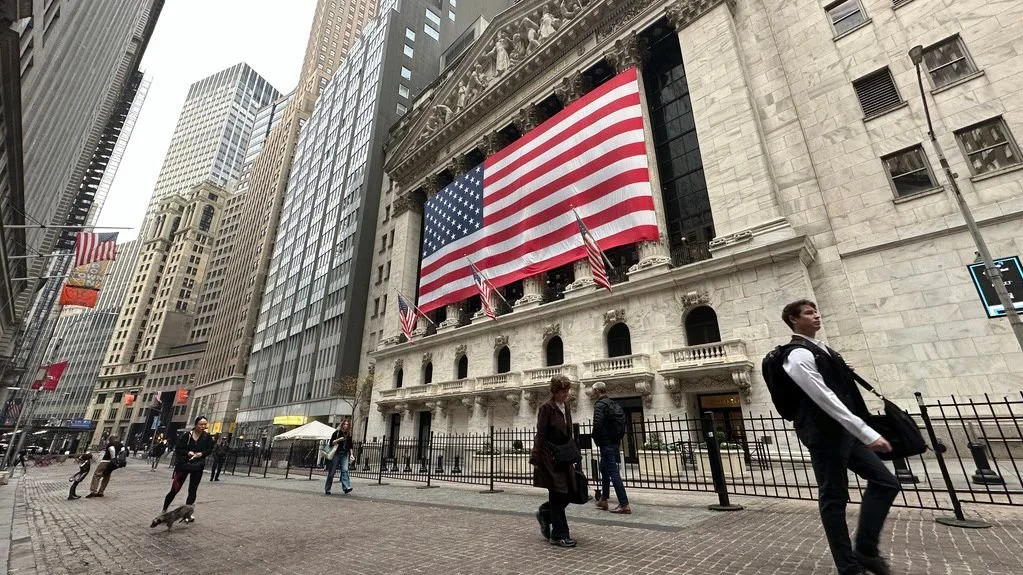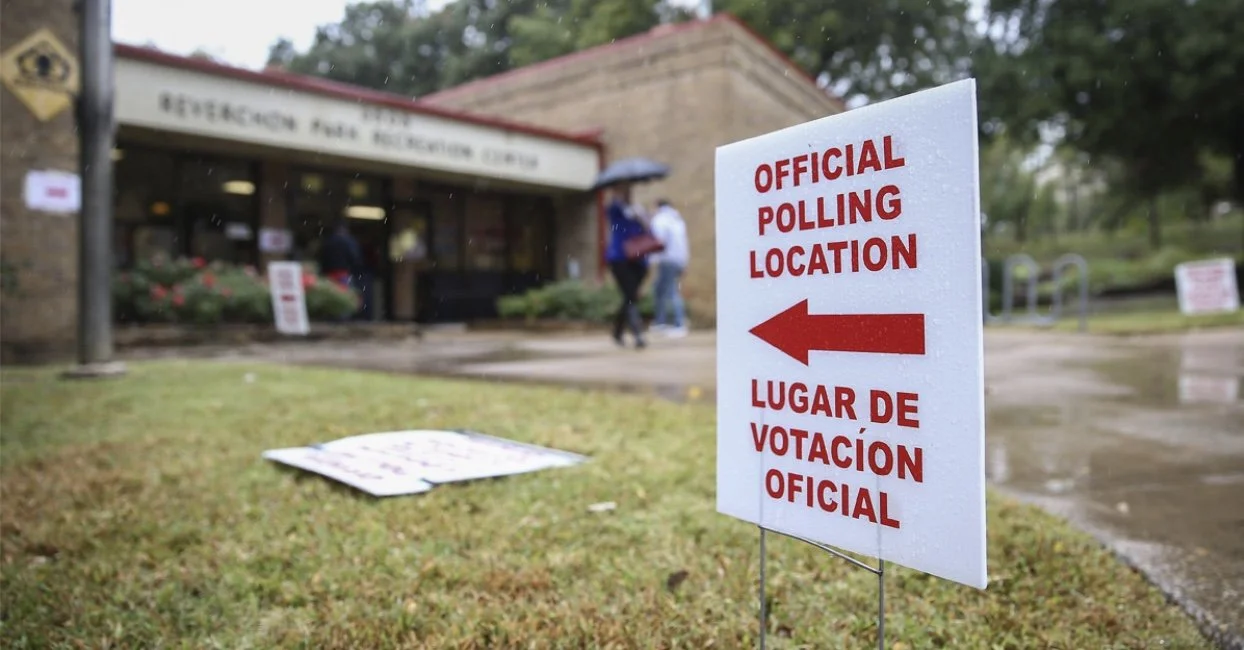In this election, New York City voters approved five of six ballot propositions, including one state-wide proposition that enshrines the right to abortion in the State Constitution, while the other city-specific four raise questions about executive power and the future of democratic checks and balances in the city.
Read MorePresident-elect Trump has vowed that he will attempt to end birthright citizenship via executive order upon entering office. May we see this long-standing right disappear under a second Trump term or could his plans fall to SCOTUS precedent and constitutional law?
Read MoreCaught between lofty ideals and geopolitical realities, the International Criminal Court faces a stark dilemma: pursue justice at the risk of isolation and irrelevance or adapt to a world where power trumps principle. Can the Court embrace Realpolitik without abdicating its responsibilities?
Read MoreKalshi, a corporate disruptor in the “prediction market space,” has burst onto gambling scene like that uninvited guest at a poker night, shaking up the status quo.
Read MoreSCOTUS Justices appear skeptical in marked departure from broadening gun rights.
Photo source: https://my.concealedcoalition.com/what-is-a-ghost-gun/
With the rise of technology and the ease of acquiring data, states are beginning to enact data protection laws. However, as data protection laws begin to differ along state lines, is the American Privacy Rights Act of 2024 an appropriate piece of legislation and what are the implications of previous models?
Read MoreIn recent times, the Supreme Court has overturned several landmark cases, including Roe v. Wade and Chevron U.S.A., Inc. v. Natural Resources Defense Council, Inc. (1984). How will the Supreme Court overruling past holdings increasingly often affect legal and political stability, as well as the legitimacy of the institution itself?
Read MoreIn the wake of the Supreme Court overturning affirmative action, racial diversity has dropped notably for many institutions of higher education. Native Americans’ status as members of sovereign tribal nations could provide legal, race-neutral pathways to maintain diversity in American universities.
Read MoreInternational law demands justice for victims of aggression, and as Ukraine's losses mount daily due to Russia's invasion. With approximately $5 billion in frozen Russian sovereign assets within U.S. jurisdiction, the REPO for Ukrainians Act not only empowers the U.S. to transform these funds into essential resources for Ukraine's recovery, but also establishes an international mechanism to facilitate the transfer of over $300 billion in frozen state assets worldwide. In doing so, America can hold aggressors accountable, reinforce a rules-based international order, and support the resilience and rebuilding of the Ukrainian people.
Read MoreThe Lum v. Rice Supreme Court Case of 1927 included Asian American voices in the fight for desegregation of public schools. How is this case, in conversation with other Asian American court cases, relevant in the larger U.S. History?
Read MoreAs states weaken child labor laws in the name of economic opportunity and the federal government cracks down to protect young workers, the future of child welfare is at stake.
Read MoreAfter the Supreme Court’s decision in Dobbs v. Jackson Women’s Health Organization, a number pro-life politicians and activists have begun pushing for legal recognition of fetal personhood. This legal theory, though once considered fringe, could have far-reaching consequences.
Read MoreThese days it seems like the majority of America’s elections revolve around the will of our country’s largest corporations. To better understand how America’s elections have evolved, this article dives into the legal history behind campaigns, elections, and corporations.
Read MoreWith the Affordable Care Act’s provision requiring insurance companies to cover mental-healthcare, for-profit healthcare companies have been forcibly confining patients in order to profit from insurance companies. Is their practice of forced confinement violating judicial precedent or federal law?
Read MoreIn 2020, many Republicans led by former President Donald Trump claimed their election was stolen through fraudulent voter activity. This article examines how voter ID laws, and their proposed solution, have unfolded since then.
Read MoreThe Supreme Court’s decision in Trump v United States has dramatically expanded the legal protections of the President, ruling that the Executive is immune from criminal prosecution for official acts.
Read MoreThe 2024 execution of Marcellus Williams sparked a push to reconsider contemporary applications of the death penalty. This piece examines whether these capital punishment cases effectively ensure justice and adhere to Supreme Court precedents.
Read MoreChevron is dead. In Loper Bright Enterprises v. Raimondo, the Roberts Court offers a victory for constitutional purists and a warning to the administrative state: no longer will the judiciary abdicate its Article III powers, and no more can statutory ambiguities offer regulators carte blanche. But amidst this tectonic shift in administrative law, the balance between efficient governance and judicial oversight hangs in precarious uncertainty, shaken by the Court’s coup de grâce.
Read More
















